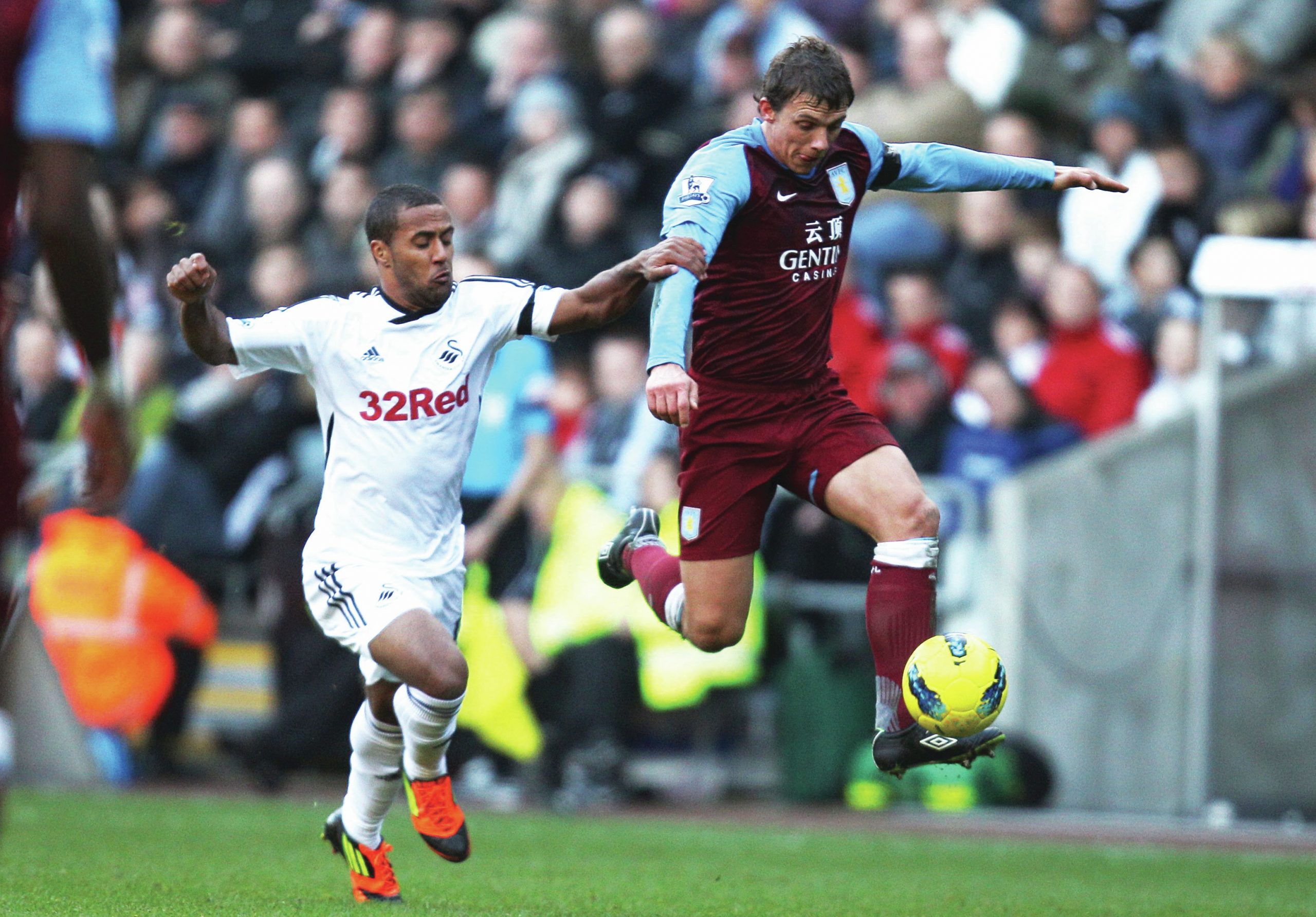
Football is a game involving sudden sprints, short bursts of energy and quick changes in direction. Changes in pace during a match can cause depletion in leg muscle glycogen stores. When muscle glycogen is low, aerobic endurance and speed may decline as the match progresses. Carbohydrates are important to replenish these glycogen stores. A normal healthy diet is said to contain 55–60% of carbohydrates but a footballer’s diet should contain up to as much as 70% of carbohydrates.
JT What food do you eat before, during and after Premier League matches, and when do you eat it?
Your organisation does not have access to this article.
Sign up today to give your students the edge they need to achieve their best grades with subject expertise
Subscribe




